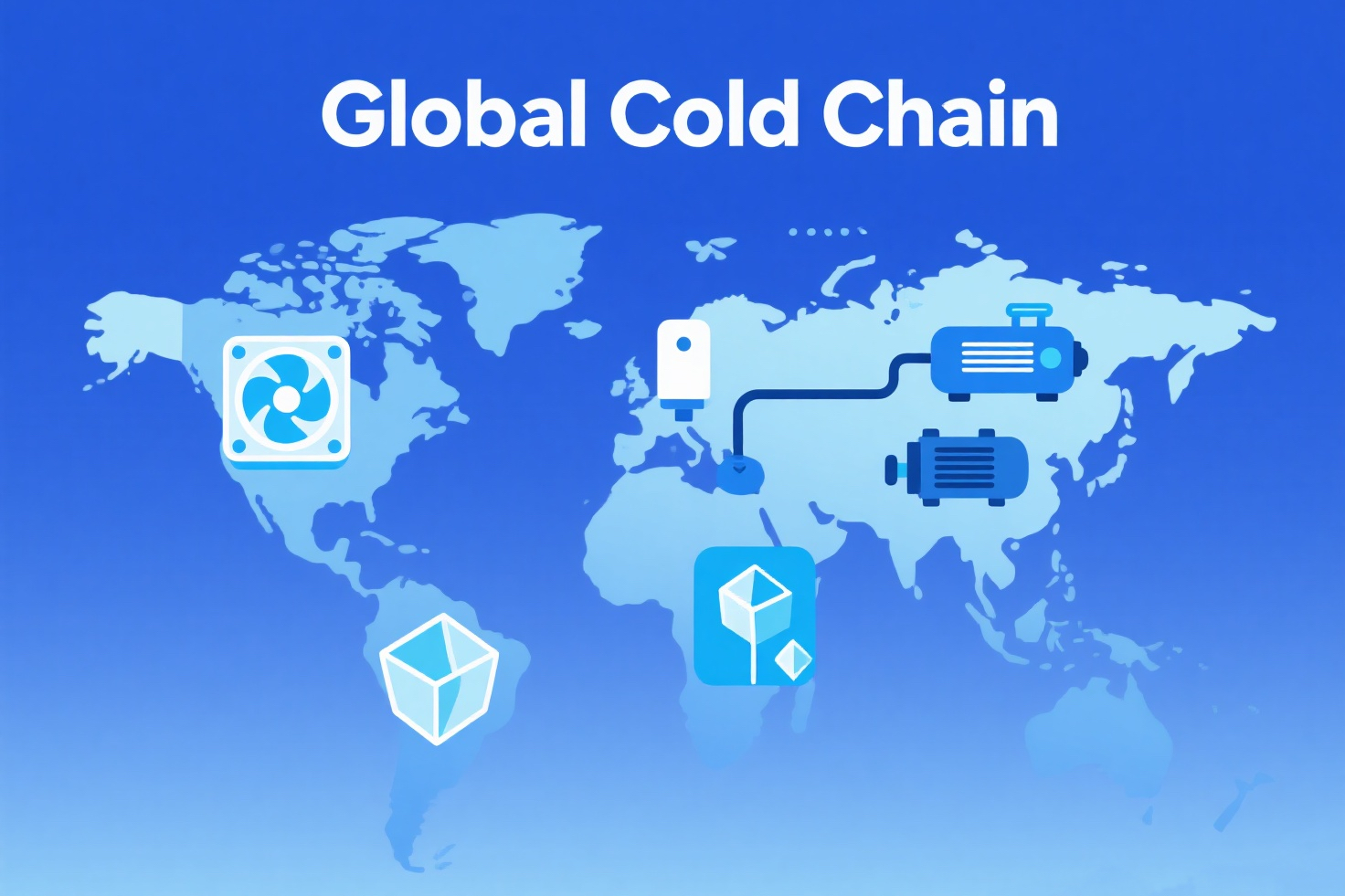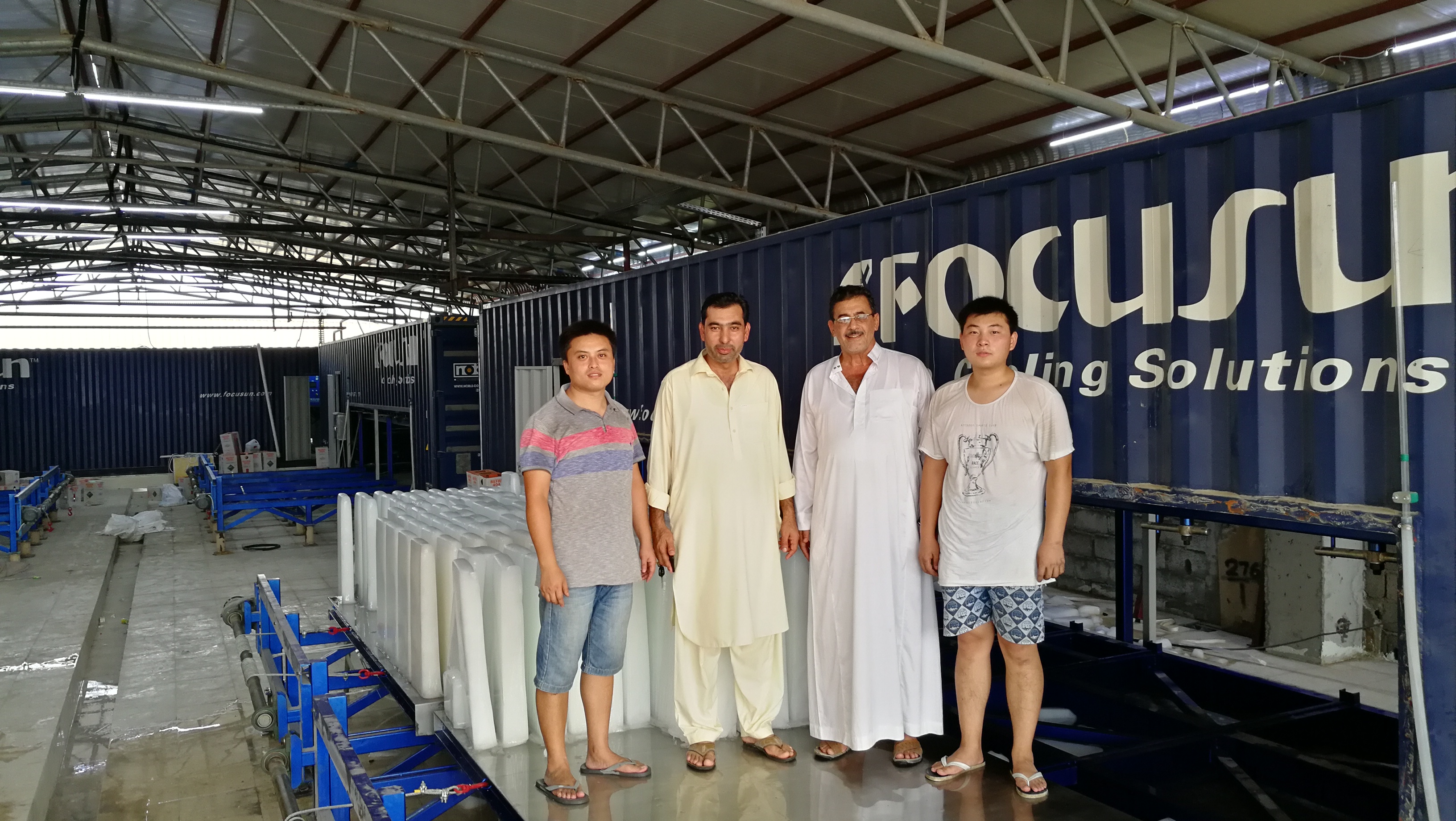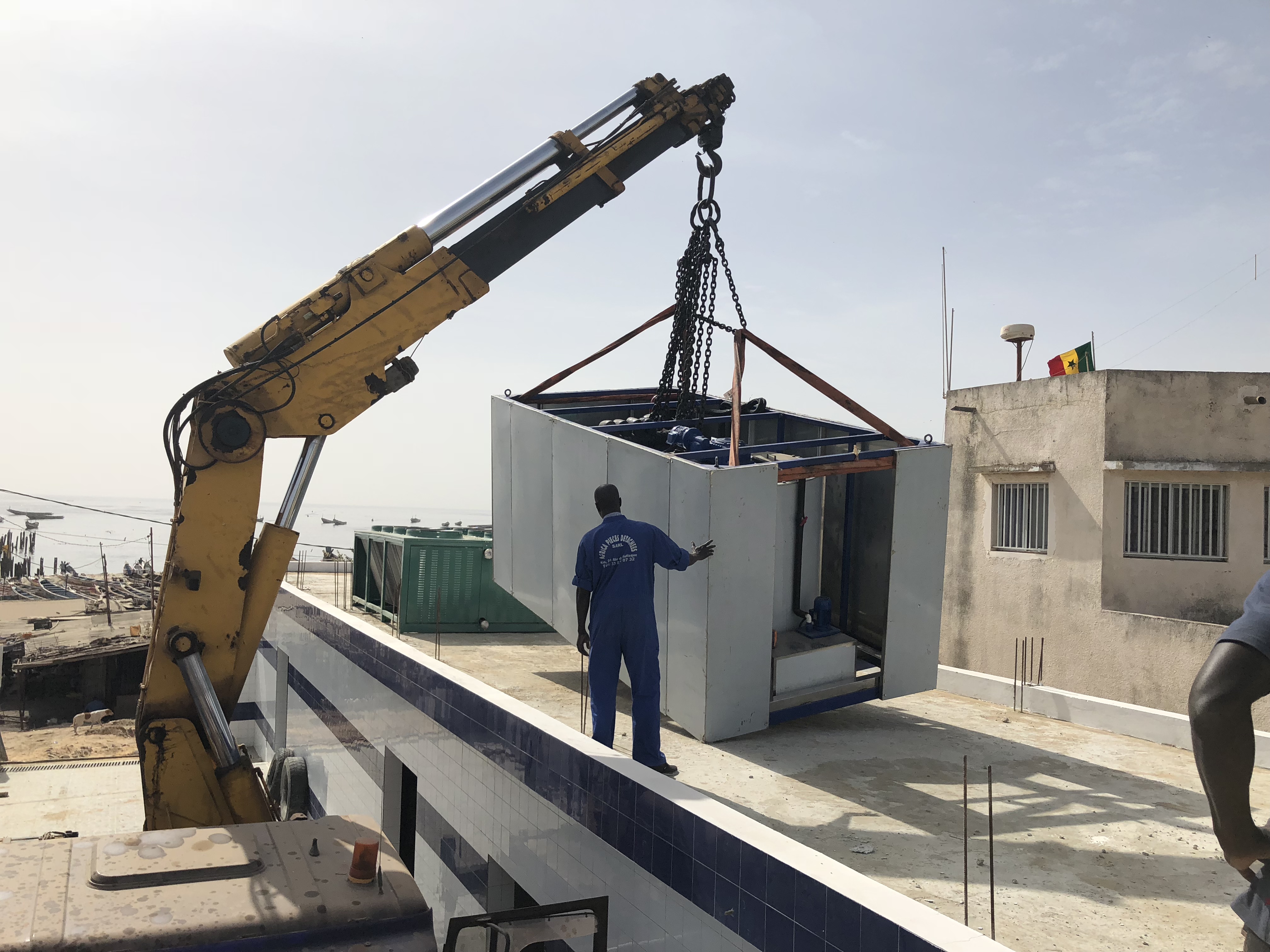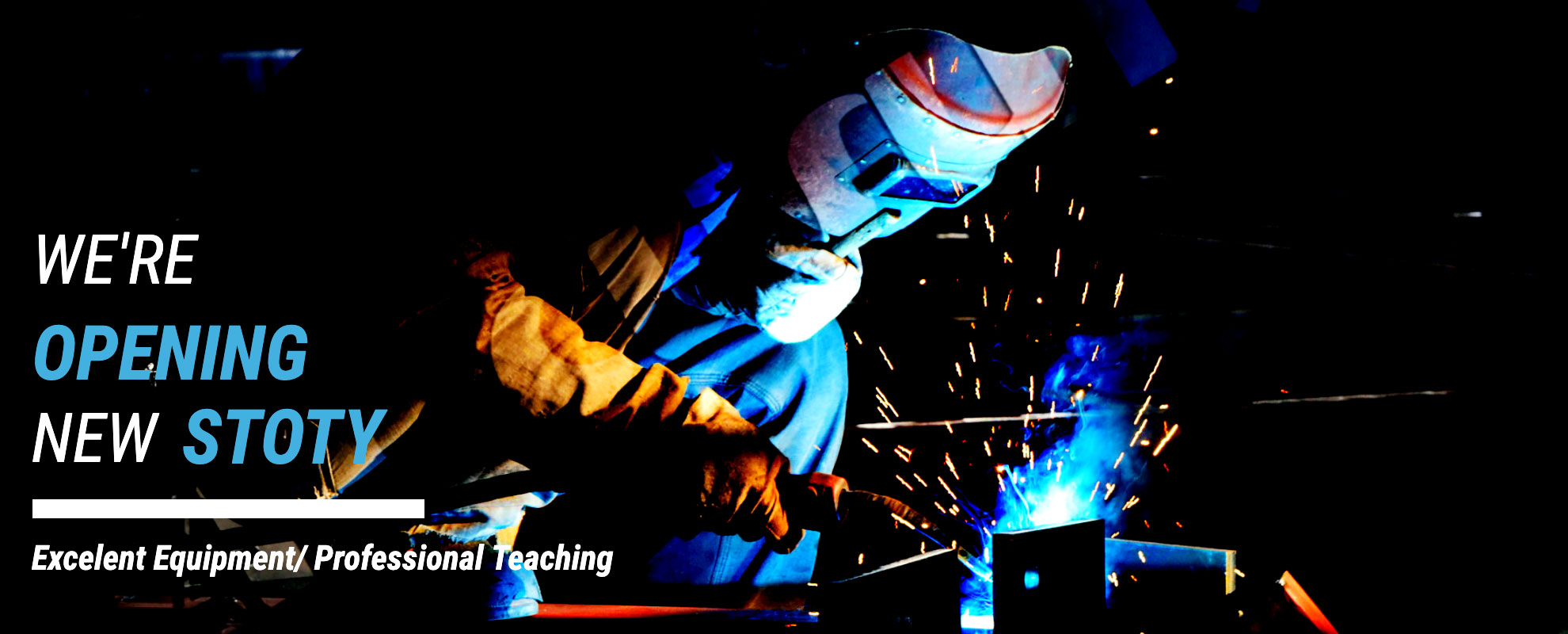The global refrigeration equipment market is undergoing rapid transformation, shaped by geopolitical shifts, supply chain disruptions, and evolving sustainability mandates. For buyers navigating this complex environment, strategic procurement is no longer optional—it’s a necessity. Whether you’re sourcing industrial chillers, commercial ice machines, or specialized cooling systems, understanding the current trade dynamics can mean the difference between seamless operations and costly delays.
This guide explores key considerations for procurement professionals, from evaluating suppliers and compliance standards to optimizing logistics and mitigating risks. We’ll also highlight how Focusun Refrigeration, a global leader in innovative cooling solutions, supports buyers in overcoming these challenges with cutting-edge technology and localized supply chain strategies.

1. Understanding the Current Global Trade Environment
The refrigeration equipment market is highly influenced by geopolitical tensions, trade policies, and regional economic conditions. Key trends impacting procurement include:
-
Supply Chain Diversification: Post-pandemic, companies are shifting from single-source dependencies to multi-regional supplier networks. For refrigeration buyers, this means evaluating manufacturers with strong global footprints, such as Focusun, which operates production bases in China and Germany while maintaining distribution hubs worldwide.
-
Tariffs and Trade Barriers: The U.S.-China trade war and EU carbon border taxes are reshaping cost structures. Buyers must assess whether suppliers have tariff mitigation strategies, such as localized assembly or free trade zone advantages.
-
Sustainability Regulations: With tightening environmental laws (e.g., F-gas restrictions in the EU), compliance is critical. Focusun’s adherence to CE, ISO 9001, and RoHS certifications ensures its equipment meets stringent international standards.
2. Supplier Selection: Beyond Price to Value-Driven Partnerships
Choosing the right refrigeration supplier requires a holistic evaluation:
A. Technical Capabilities & Innovation
-
Product Range & Customization: Leading manufacturers like Focusun offer diverse solutions—from tube ice machines for food processing to dynamic ice storage systems for industrial cooling—with options for bespoke modifications69.
-
R&D Investment: Suppliers with dedicated R&D teams (e.g., Focusun’s 16-engineer division8) deliver cutting-edge efficiency improvements, such as AI-driven cooling optimization.
B. Production & Quality Assurance
-
Manufacturing Scale: Focusun’s 30,000–50,000 sqm factory and ISO 22000-certified processes5 ensure consistent quality, while its 97% order fulfillment rate during supply crises (as seen in its U.S. counterpart Ferguson’s operations2) highlights reliability.
-
Quality Control: Look for suppliers with end-to-end inspection protocols, including raw material traceability and pre-shipment testing8.
C. Logistics & Local Support
-
Regional Warehousing: Focusun’s partnerships with distributors in Europe, Australia, and the Middle East reduce lead times35.
-
After-Sales Service: Opt for suppliers offering 24/7 technical support, spare parts availability, and on-site training.

3. Risk Mitigation Strategies for Refrigeration Procurement
A. Diversifying Supply Sources
-
Dual-Sourcing: Ferguson’s acquisition-driven growth (9 deals in 20257) exemplifies how expanding supplier networks enhances resilience. Buyers should similarly engage multiple qualified vendors to avoid single-point failures.
-
Nearshoring Options: For buyers in Europe or North America, Focusun’s German subsidiary (Külinda) provides regional production, circumventing long-distance shipping risks9.
B. Contractual Safeguards
-
Incoterms Clarity: Define responsibilities (e.g., FOB vs. CIF) to avoid unexpected costs. Focusun’s transparent Bank Wire, L/C, and Escrow payment terms5 provide flexibility.
-
Force Majeure Clauses: Cover disruptions like port closures or raw material shortages.
C. Demand Forecasting & Inventory Buffering
-
Collaborative Planning: Ferguson’s practice of sharing 6-month forecasts with suppliers2 ensures alignment. Buyers should adopt similar data-driven approaches.
-
Safety Stock: For critical components (e.g., compressors), maintain buffer inventory or prioritize suppliers with modular designs for easier part replacements.
4. The Focusun Advantage: A Case Study in Global Procurement Excellence
Focusun Refrigeration exemplifies how manufacturers can simplify global procurement:
-
Localized Production & Compliance: With facilities in Shanghai and Germany, Focusun tailors products to regional norms (e.g., CE-marked equipment for Europe).
-
Agile Logistics: Its 9–20-day lead times and partnerships with global freight providers streamline delivery.
-
Sustainability Leadership: Innovations like energy-efficient ice makers (consuming 1–11 kVA5) help buyers meet carbon targets.

Conclusion: Building a Future-Proof Procurement Strategy
In today’s volatile trade environment, refrigeration buyers must prioritize supplier resilience, compliance agility, and total cost of ownership. By partnering with technologically advanced, globally networked manufacturers like Focusun, procurement teams can secure high-performance equipment, mitigate risks, and achieve long-term operational efficiency.
For tailored solutions, explore Focusun’s portfolio at ifocusun.com or contact our global procurement specialists.

